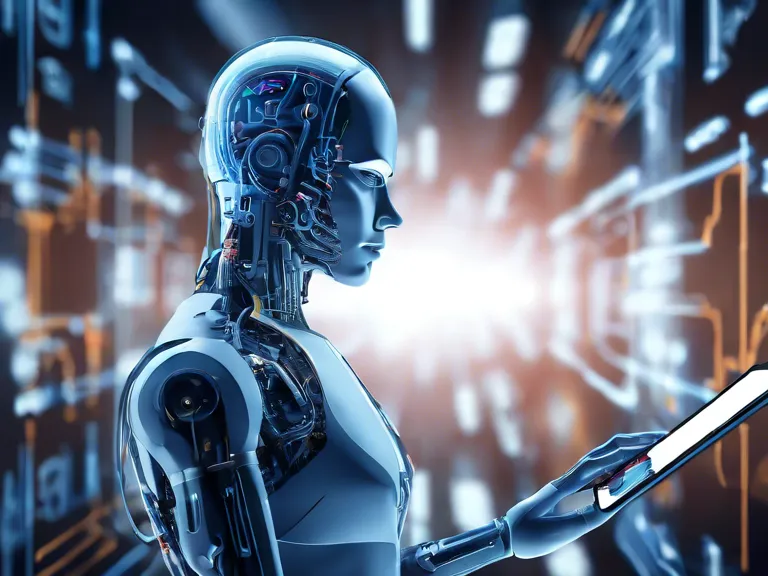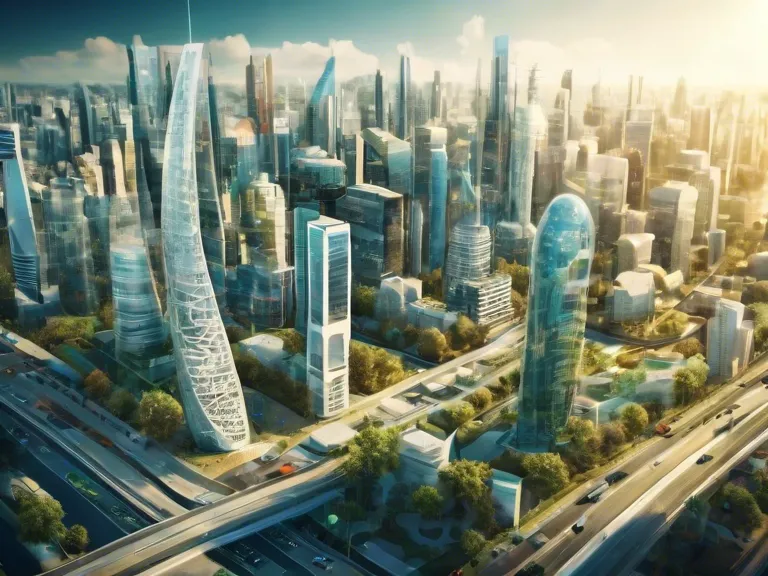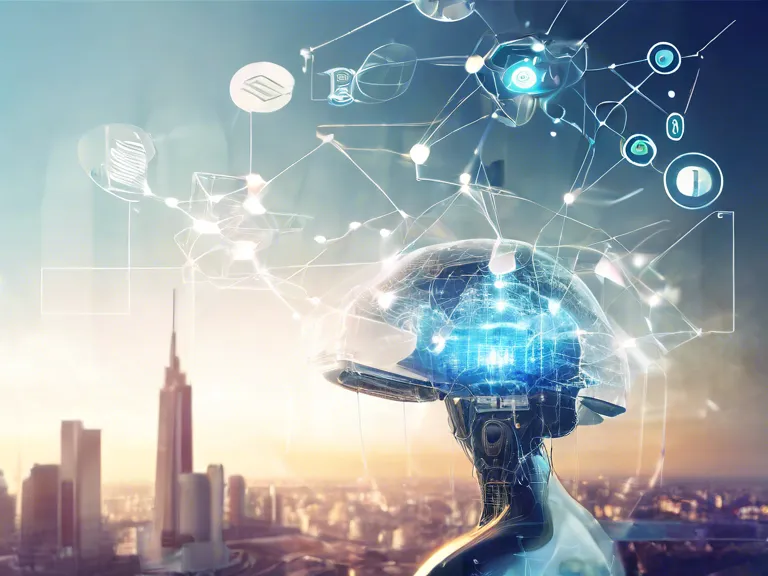
The Future of Work: How AI and Automation Are Shaping Job Markets
In recent years, advancements in artificial intelligence (AI) and automation have significantly impacted job markets worldwide. As these technologies continue to evolve, many industries are facing major transformations in the way work is done. From manufacturing to customer service to healthcare, AI and automation are reshaping the future of work.
One of the most significant impacts of AI and automation on job markets is the displacement of certain roles by machines. Routine and repetitive tasks that can be easily automated are increasingly being taken over by AI, leaving many workers without jobs. This trend is expected to continue as AI becomes more sophisticated and capable of handling more complex tasks.
On the other hand, AI and automation are also creating new job opportunities in emerging fields such as data science, machine learning, and robotics. These technologies require skilled workers who can design, implement, and maintain AI systems, opening up new career paths for those with the right skills and expertise.
Another major trend in job markets is the increasing demand for hybrid skills that combine technical and soft skills. As AI and automation take over routine tasks, workers are expected to possess a combination of technical skills (such as coding and data analysis) and soft skills (such as communication and teamwork) to succeed in the workplace of the future.
Overall, the future of work is being shaped by AI and automation in profound ways. While these technologies offer new opportunities for growth and innovation, they also present challenges for workers who may face displacement or the need to constantly upskill. As job markets continue to evolve, it is essential for workers to adapt to these changes and stay ahead of the curve to remain competitive in an AI-driven world.



